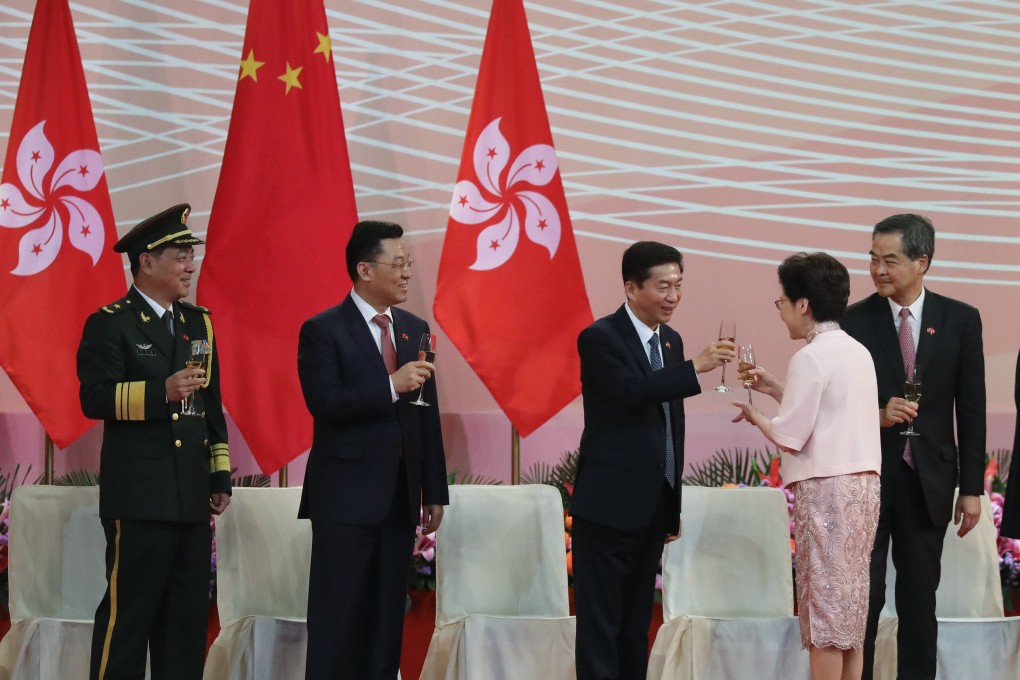Opinion | With national security law, Hong Kong has fallen victim to the tyranny of the rule of law
- While Hong Kong and Beijing officials often emphasise the rule of law, it does not by itself guarantee respect for human rights or political accountability
- The law has long been used by authoritarian governments to suppress political dissent

Gleichschaltung – the process of establishing comprehensive control and coordination over all aspects of a society – is running at full speed in Hong Kong. While Nazi Germany exemplified Gleichschaltung, it does not necessarily entail mass slaughter of a people on the sole account of their race, or aggression against neighbouring states.
Instead, what best epitomise and facilitate Gleichschaltung are the authorities’ resort to the law in legitimising their exercise of power, the complicity of the elites, and the people’s compliance out of fear or subservience. German political scientist Johannes Gerschewski argues that legitimation, repression and co-optation are the three pillars of stability in an autocracy, and are interdependent, mutually reinforcing and complementary.
Luo Huining, director of the central government’s liaison office in Hong Kong, said in October that “Hong Kong’s responsibility to the nation should be emphasised more than ever”, and that “loving our country is an obligation and a righteous path rather than a choice”.

05:50
What you should know about China's new national security law for Hong Kong

